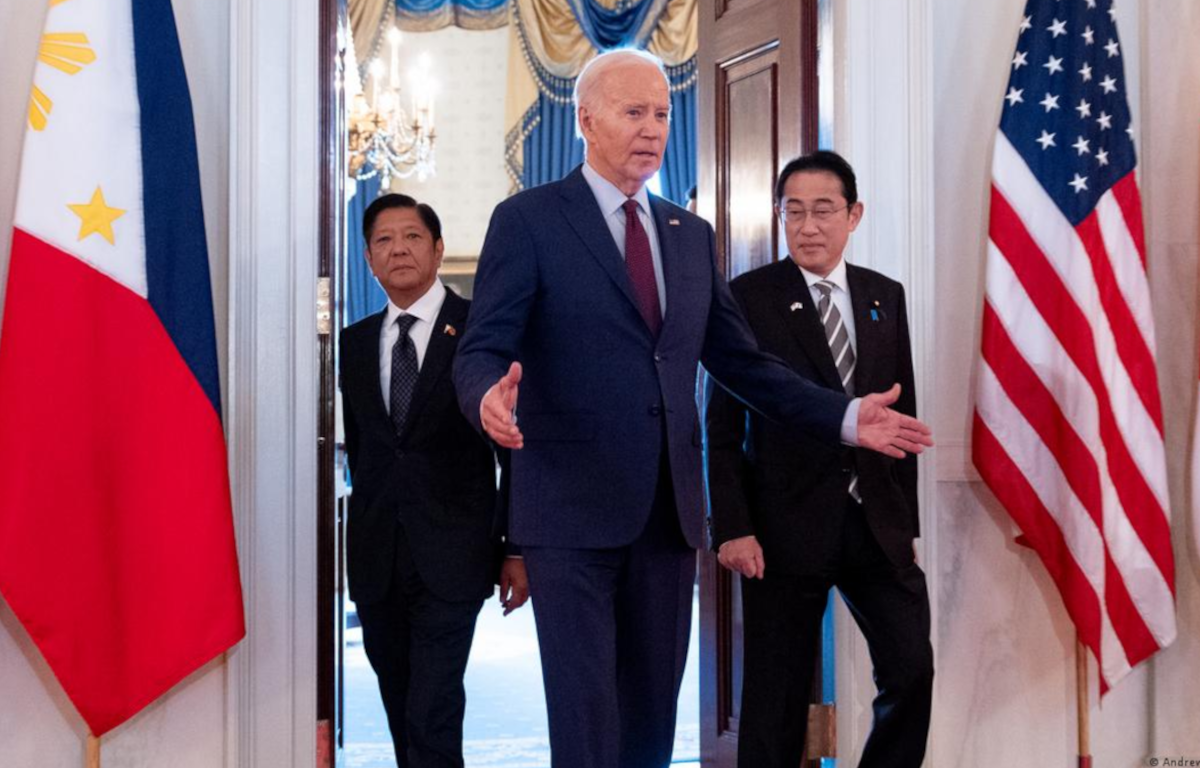
Conventional wisdom suggests that a declining great power would generally be less inclined to engage in aggressive international behavior. The logic behind this is that a nation grappling with internal issues such as economic woes or political instability would likely be preoccupied with addressing domestic problems rather than pursuing external conflicts. However, China’s case presents a unique paradox.
In the event of China’s decline, an increase in domestic unrest and nationalism could emerge. Economic or political troubles may prompt the Chinese government to divert public attention by stoking nationalist fervor, using external issues as a rallying point. This, in turn, could lead to more assertive foreign policies as Chinese leaders seek to bolster their domestic legitimacy through displays of strength abroad.
China’s impressive military modernization has been a cornerstone of its rise to power. If China were to decline, it might resort to relying more heavily on its military capabilities to safeguard its interests. This could manifest in a more aggressive stance in territorial disputes or regional conflicts, potentially escalating tensions in the Asia-Pacific region.
Economic challenges, such as a financial crisis or a significant economic slowdown, could push China towards protectionist policies and trade disputes. In a bid to revive its weakening economy, China might become more inclined to bend international trade rules or engage in unfair trade practices, possibly sparking trade conflicts with other nations.
China has global ambitions, as seen in initiatives like the Belt and Road Initiative (BRI) and its aspirations to play a prominent role in international organizations. If China’s power were to wane, it might become more assertive in pursuing these objectives, potentially causing friction with countries that perceive these efforts as encroaching on their interests.
China’s rise has contributed to a balance of power in the Asia-Pacific region, fostering regional stability. A declining China could disrupt this equilibrium, potentially prompting neighboring nations to seek alliances or engage in military buildups to counterbalance China’s influence, thereby increasing regional tensions.
The assertion that a declining China could be a more dangerous China underscores the intricate dynamics of international relations and the potential consequences of a significant shift in global power. A China grappling with internal challenges might feel compelled to assert itself more aggressively on the world stage in order to protect its interests and maintain domestic stability.
Therefore, it is in the interest of the international community to engage constructively with China, even during periods of decline, and work towards peaceful resolutions of conflicts and disputes. Diplomacy, cooperation, and dialogue remain indispensable tools for managing the complexities and uncertainties associated with a changing China, ensuring that the world can navigate this transition safely and securely.










Share this: